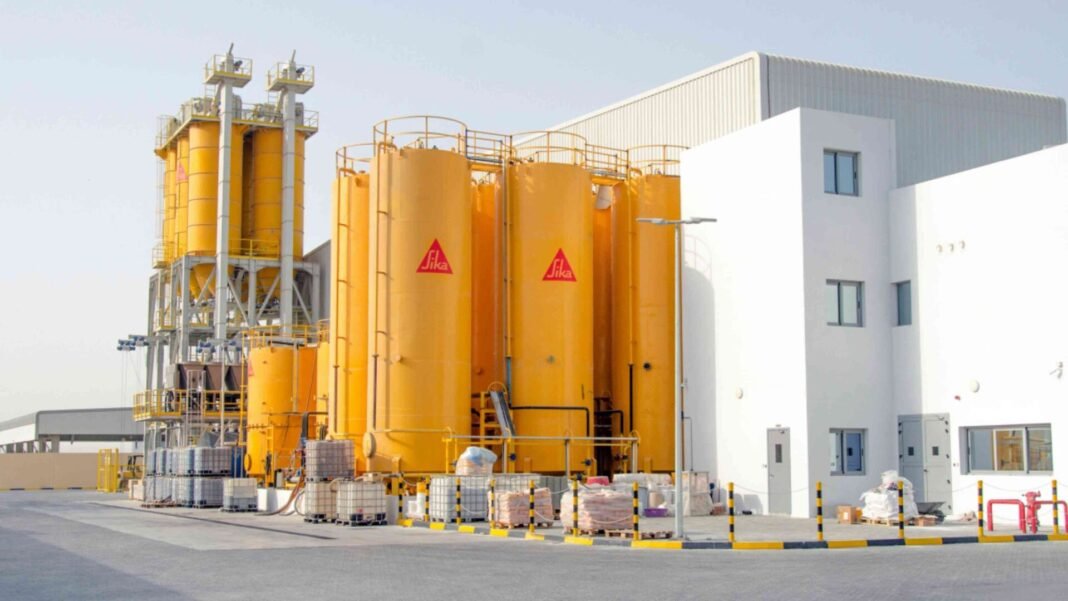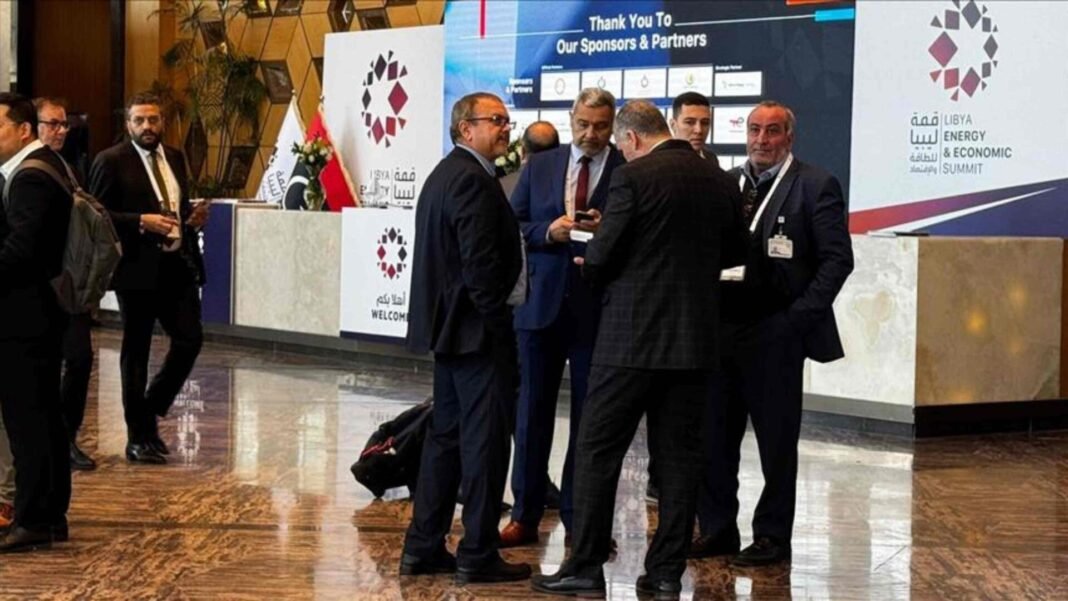Online shopping has become a daily habit for many people in the Gulf region. From fashion to electronics, almost anything can be ordered at the click of a button. But with this convenience also comes risk. Fake websites and online scams are growing fast, targeting residents who may be rushing to grab a good deal. This makes it more important than ever to check website legitimacy before sharing your card details or personal information.In the UAE, authorities have taken steps to support safer browsing. The UAE Cybersecurity Council has launched the Stay Safe platform (staysafe.csc.gov.ae), which allows you to type in a website address and see whether it has been flagged as suspicious. This tool works with ScamAdviser and reviews elements like domain age, online history, and reports from other users. While this is a valuable resource, it should not replace your own checks. Scams can evolve quickly, and not every fraudulent site will appear on such lists immediately. Signs of a Safe Website One of the first things to observe is the web address. A genuine site will begin with “https://” and display a small padlock icon. Clicking
Topics
- Artificial Intelligence
- companies
- Construct 360
- E-Commerce industry
- Economy News
- Economy News
- Editor Choice
- Edtech industry
- energy industry
- Entertainment & Leisure
- Entrepreneurs
- Featured
- Fintech
- Funding News
- General News
- Government Policies
- Growth & Strategy
- Health & Wellness
- Healthtech
- industry
- Information & Communication Technology
- Lifestyle
- Management
- Management and Leadership
- Marketing & Branding
- Merger and Acquisition
- Money & Personal Finance
- News
- Oil and Gas
- Real Estate
- Sports and Productivity
- Start-up
- Technology
- Top 10 Listing Article
- Travel
- Women
More
Popular Categories




